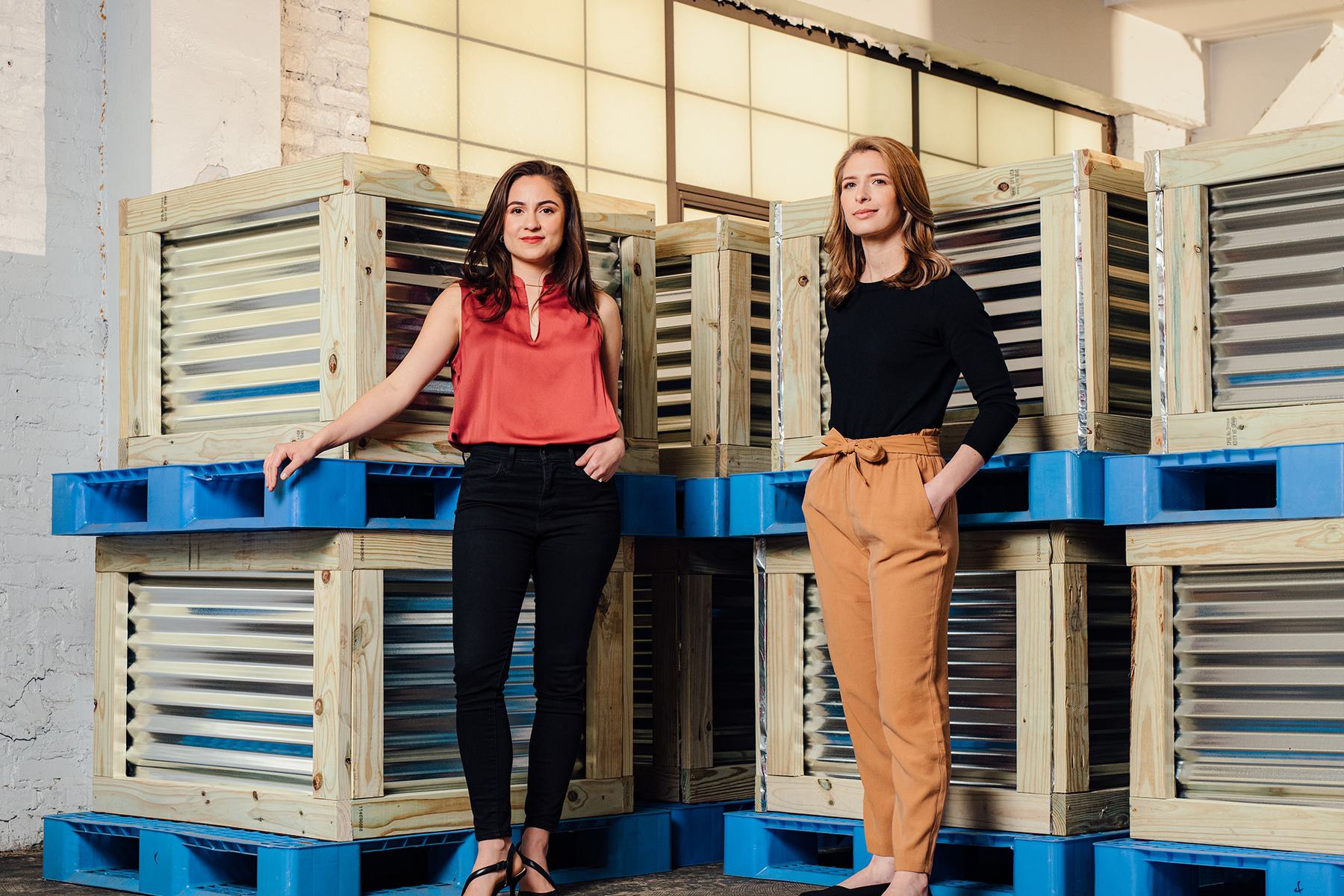Repurposing wastewater into low-cost feedstock to enable biomanufacturing at scale.
Renewable energy can only go so far. Deep decarbonization requires tackling the 45% of carbon emissions that come from manufacturing and agriculture. Biomanufacturing—using microbes as miniature factories for food, chemicals and materials—can make and grow things without fossil resources, animal agriculture, and deforestation. As soon as 2030, it is forecasted to mitigate at least 3 gigatons of carbon emissions annually. But the emerging technology is fundamentally constrained by its inputs. It primarily relies on glucose, typically sourced from corn, sugarcane, and sugar beets. To meet future demand, biomanufacturing needs alternatives that are cost-effective, noncompetitive with food, and nondisruptive of existing food and agricultural systems.
Wastewater sits opposite biomanufacturing in the resource cycle. Manufacturers of all kinds pay to get rid of it, usually through treatment at private or municipal plants. That treatment is itself a source of carbon emissions, amounting to about 1.5% of global totals—while producing minimal value. Wastewater and biomanufacturing have always existed as two discrete problems in the broad climate-tech space—one burdened with an excess of trash, and the other constrained by a scarcity of treasure.
Hyfé, a startup co-founded by engineers Michelle Ruiz and Andrea Schoen, brings together the need for alternative biomanufacturing feedstocks with an innovative wastewater valorization process, solving two significant carbon challenges with a new commercial model. Hyfé sees wastewater as wasted sugar-water, ready to be transformed through its proprietary process into feedstock that's significantly cheaper than existing options. “We estimate 26 billion kilograms of sugars are wasted in food manufacturing wastewater every year in the United States alone,” says Ruiz. “These streams of water are absolute gold for biomanufacturing, if processed properly.” Hyfé’s innovative platform unlocks this value and delivers it to the biomanufacturers in need of inexpensive inputs. Hyfé’s ability to identify and convert these nutrient building blocks into easy-to-metabolize feedstocks then becomes the enabling technology for biomanufacturing at scale, allowing the trillions of gallons of wastewater generated every year to feed the resource needs of the emerging bio-economy.
Since co-founding Hyfé in 2021, CEO Ruiz and CTO Schoen have used their technical and commercial insights to illuminate this fundamentally new market. Ruiz is a Carnegie Mellon-trained process engineer, with a decade of experience in the oil and gas industry. She knows how to identify where the opportunities lie at large industrial facilities. Schoen is a bioengineer and registered patent agent. Over seven years at LanzaTech, a pioneer in converting waste to fuel, she saw the power in matching new technologies with new markets. With Hyfé’s proprietary processes in hand, they are initially focused on using their solution to decrease costs of water management, minimize the risks of water scarcity, and reduce manufacturers’ carbon footprints. Through industry partnerships, Hyfé is building a data platform that allows it to rapidly analyze a sample, evaluate its potential for valorization, and then suggest the most efficient method for implementation—maximizing manufacturers’ savings. “There's so much wastewater in the world—an estimated 100 trillion gallons generated every year—so we're gathering the data needed to identify the best commercial opportunities, and leveraging that data to bring our solutions to market faster and faster each time,” says Schoen.
Hyfé’s expanding waste valorization capabilities will then be ready to meet the emerging needs of biomanufacturing—which is estimated to grow to at least $4 trillion, and up to $30 trillion globally—as it provides carbon-free alternatives for food, fuels, materials, and chemicals. However, its appetite for glucose—the foundation of its feedstocks—is expected to far outpace supply. Hyfé’s ability to identify, valorize, and commercialize underutilized waste streams will provide abundant and low-cost inputs, without disrupting existing food and agricultural systems.
“There is a fundamental bottleneck in the bioeconomy, and we are building the solution,” says Ruiz. “Biomanufacturing has the potential to solve some of the most pressing challenges facing humanity, but first it needs to be made economically viable.”

